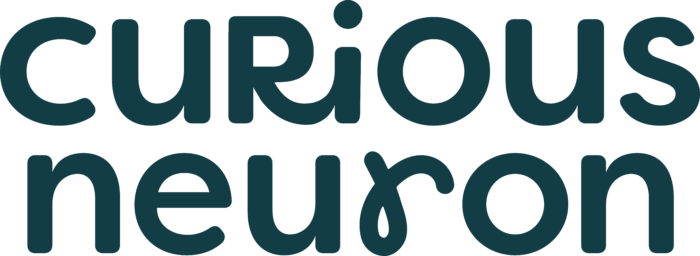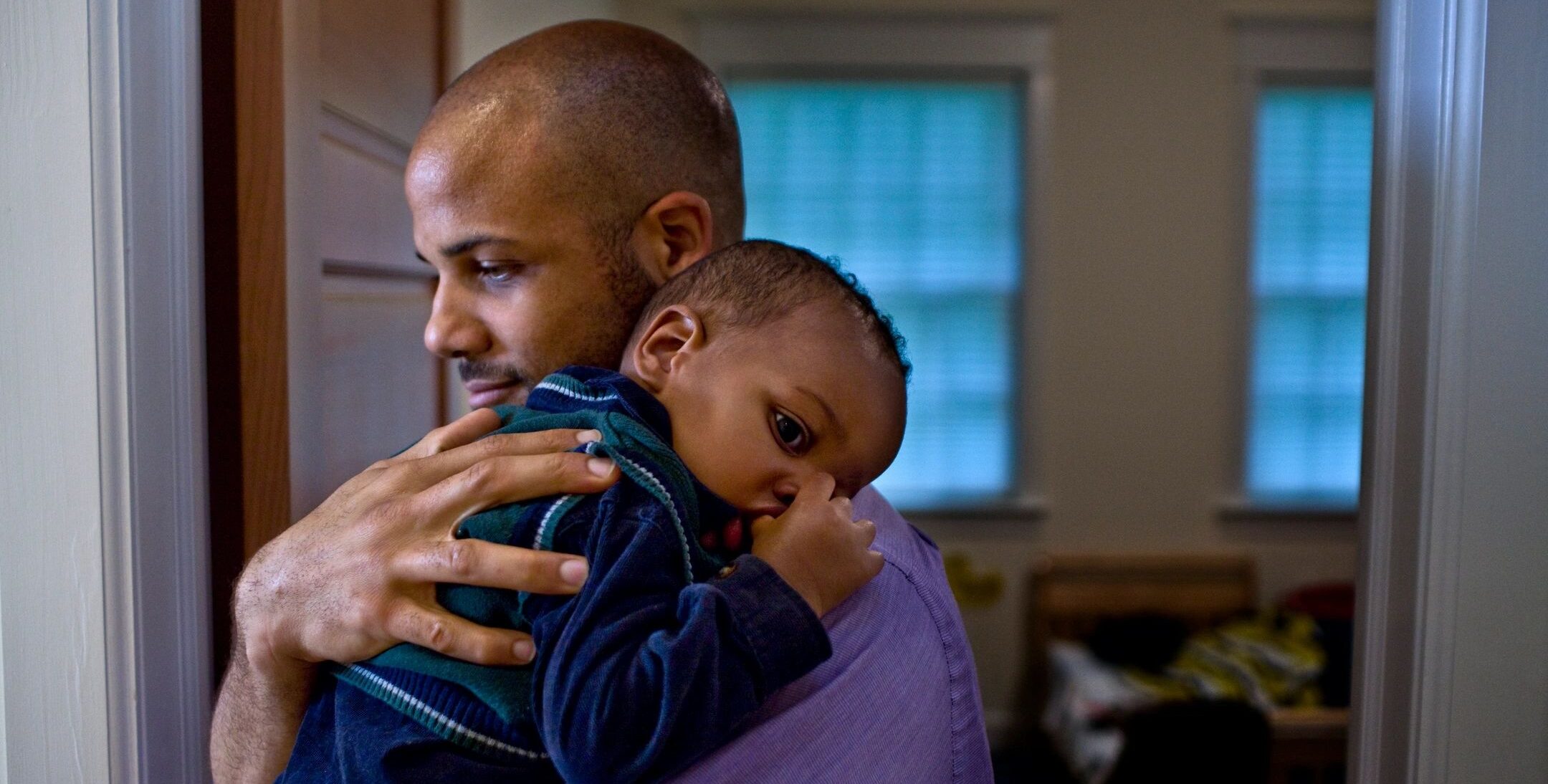Is your child starting to hide certain behaviors from you? Are they beginning to tell you little lies? Let’s go over what is going on in your child’s mind once they begin lying, what lying has to do with the development of essential life skills, how it can be a good thing and how to positively manage it!
Increases in lying in your preschoolers are known to be normal developing traits during child development, so let’s break down the neuroscience!
Your child’s executive functioning is controlled by brain activity in the frontal lobes, specifically in the prefrontal cortex (PFC). The PFC is the brain area that controls your child’s impulse and self-control, working memory, decision making, planning, emotional regulation and behavior.
Research shows that a child’s executive functioning is directly related to how often and how well a child can tell lies!
According to Talwar & Lee, 2008, for children ages 2-8 years old, higher scores on the stroop task (an executive functioning task) were associated with a child’s ability to lie and understand lies! That specific executive functioning task evaluates inhibition control and working memory, which are shown to be the two main areas used in the brain when lying. When a child is put in the position to lie, their lie is dependent on:
-
Working memory: to remember the information they want to hide and for making up follow-up lies to support the main transgression
-
Inhibitory control skills: used when to decide what context a lie can be used in and to stop themselves from telling the truth too early
While the brain develops and your child engages in new self and social understanding, they will be more likely to experiment with lying. This shows that your child is improving their moral, social, and intrinsic sense of the world around them as they get a handle on their cognition (i.e. get smarter).
The older they get → the stronger the PFC → better executive functioning skills + social skills + moral skills = ↑ lie telling & better lies!
Lying tends to emerge at age 2, drastically peak between 2-4 years old, and the quality of lies peaks during early childhood (Talwar & Lee, 2008). That’s why lying varies by age group; younger children tell less sophisticated lies than older children, and as children get older, they get better at maintaining their lies after they tell an initial lie!
Here is a systematic breakdown of the TYPES of lies your child tells during key age groups (Talwar & Lee, 2008):
-
From 2-3 years old: children begin to tell primary lies: where they make deliberate factually untrue statements (for example: “No I didn’t eat the cookie that was on the counter”, when indeed they did)
-
Around age 4: they begin to tell secondary lies; which requires children to understand who they are telling the lie to (for example: instead of saying a cow ate the entire plate of cookies, they might say their brother did it, as they understand this is more believable for adults)
-
At age 7-8 years old: they begin to tell tertiary lies: where they learn to conceal their lies by being consistent between the initial statement lie and any follow up questions (for example: after asking your child when their brother ate the cookies, the child will respond with a lie about the time that the brother ate the cookies, instead of giving up the truth that they themselves at the cookies)
During certain stages of development, the types of lies may change based on different reasons. Here are a few reasons why they might lie:
-
Avoiding consequences or punishment = indicating they understand social norms and values
-
Curiosity and testing limits = practicing sense of causal relations (“what will happen if I don’t say this?”)
-
To enhance self-esteem and gain others’ approval = developing desire to seek friendships in children and understanding rejection of the self from other
Let’s look over some of the recommended strategies for mediating and preventing lying in preschoolers and early childhood, provided by clinical psychologist Dr. Matthew H. Rouse, PhD (Article here).
Redirect them to the facts: When your child tells low level lies that aren’t hurting anyone but aren’t good behavior, ignoring and redirecting to something more factual is a good way to go, here is an example:
-
“You said you kicked 1000 balls at the soccer field today but I think it was closer to 10 balls, what do you think?”
If your child still insists they kicked 1000 balls, point out the behavior and encourage your child to try again retelling the story!
-
“Hey this sounds like a fairy tale, why don’t you try again and tell me what really happened”
Truth checks: Dr. Rouse recommends truth checks for when your child does not give you the truth after the first opportunity you give them. He has recommended giving a second chance for them to fess up, stated in a calm, positive and optional way:
-
“I am going to walk away and give you 10 minutes and then I am going to come back and ask you again. If you change your mind and want to give me a different answer, it’s just a truth check and you won’t get in trouble.”
Praise them for telling the truth & label the pros: If your child doesn’t lie even in a situation where lying could have been the easy out, praise your child for telling the truth! Label the pros when you praise them; tell them it makes them more trustworthy, or actively reduce the consequence of lying (if you feel it is necessary).
Remind your children that truth reduces consequences: Creating space for open dialogue but also setting appropriate limits is the key to a great balance in trust and honesty. Setting up natural consequences for lying can help your child make crucial reflections before acting.
Perfection shouldn’t be demanded of them; mistakes are okay! If your child makes a mistake or a bad judgment call, remind them that these errors are a part of the process of growing up. What they have done is not a reflection of who they are and will not affect how one will be loved and cared for. Instilling this knowledge can help your child induce more honest answers.
Lying is a normal part of development and children will test out lying to figure out what boundaries they can and cannot cross. Reminding your child it’s okay to make mistakes sometimes as long as they correct themselves and tell the truth!
-
How to address your child’s most difficult behaviors podcast episode with Bryanna Kappadakunnel













